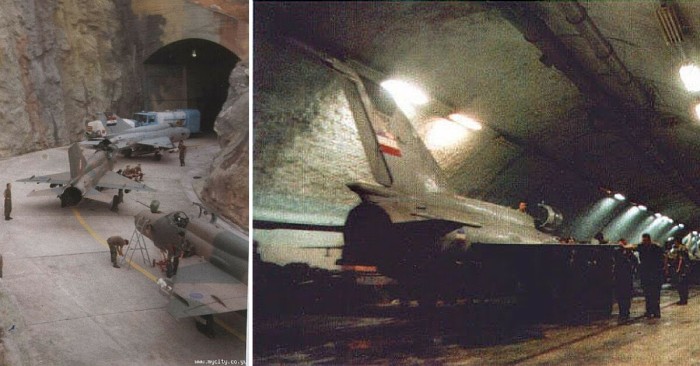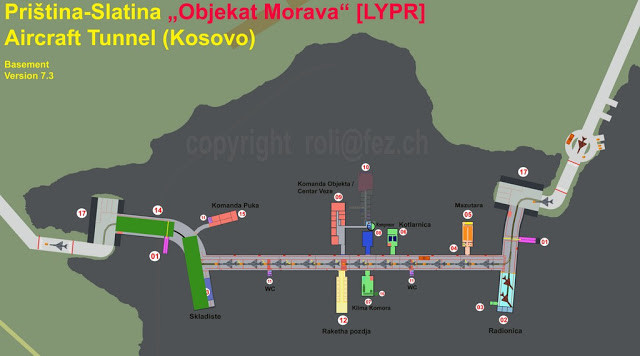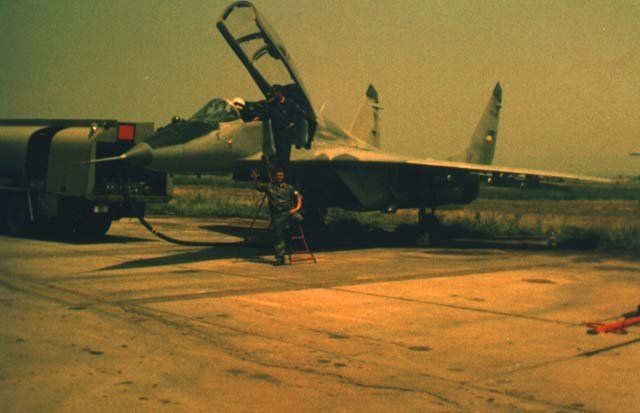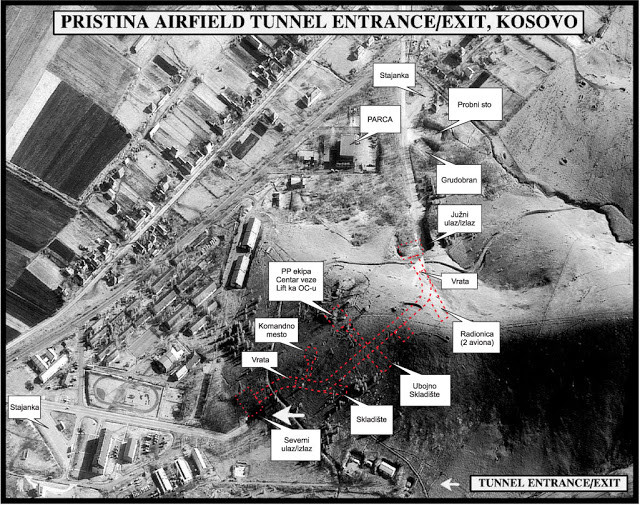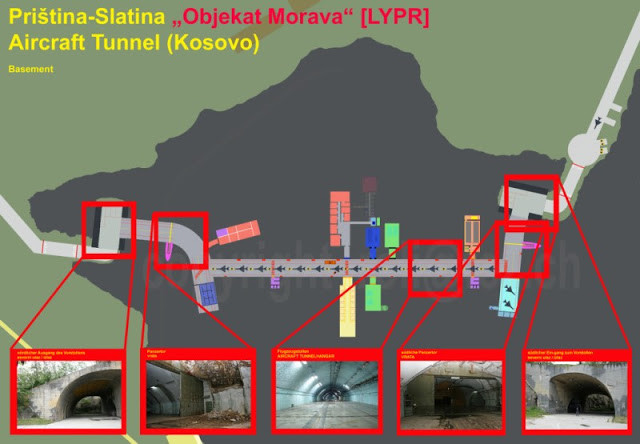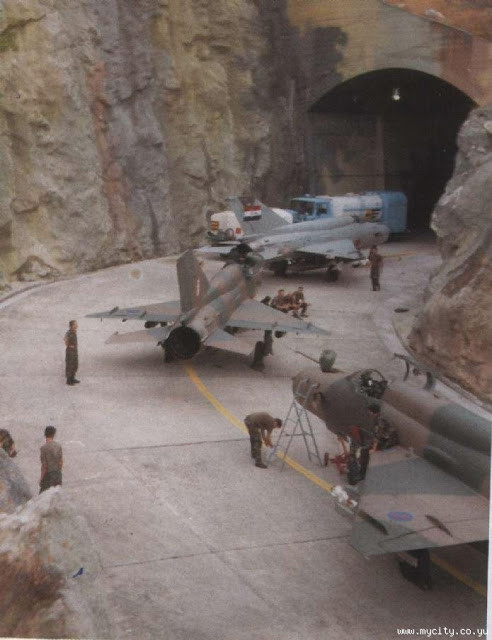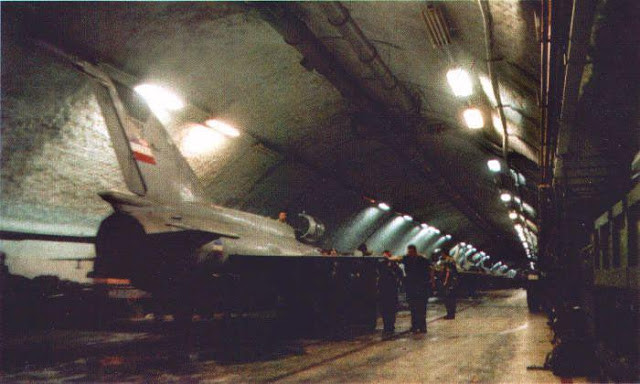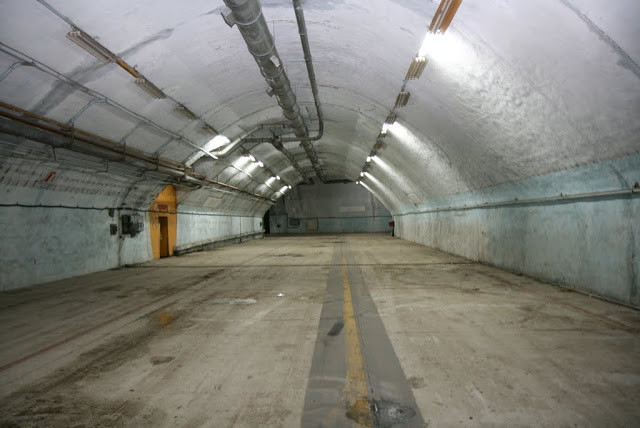George Friedman, Mauldin Economics
Apr. 16, 2016,

NATOReuters/Francois Lenoir
NATO Secretary-General Jens Stoltenberg chairs a NATO defence ministers meeting at the Alliance headquarters in Brussels, Belgium.
Donald Trump’s statements that Europe isn’t paying its “fair share” and that it would be fine if NATO broke up are regarded with increasing concern in Europe.
Russia and the Middle East both present national security issues for all of Europe. Europe, however, has no integrated military capability except for NATO, and NATO is now in shambles. It is a military alliance, but Europe has allowed its military capability to weaken dramatically.
Many Europeans see NATO as the foundation of their national security. In other words, they depend on the United States… the only NATO member with a global military capability.
Now the Europeans worry that the US has lost confidence in NATO and the alliance is no longer the safety guarantor it used to be. And I think they are right.
Here’s why…
Europe Is Nothing but NATO’s Soft Power
From the start, the Europeans wanted NATO to serve as the mechanism for approving and overseeing military operations. They wanted a decisive voice in how NATO members, including the United States, applied their military power.
However, their forces were so small that in most cases, their participation was little more than symbolic. NATO became less and less a factor in US decision making, and the Europeans compensated by congratulating themselves for their sophistication compared to the American “cowboys.”
The Europeans celebrated a concept called soft power, which involves sanctions, the mobilization of public opinion, and other strategies that avoid military action. They wanted an option that cost less than becoming a global power.
Soft power, however, was simply a way to evade reality. As the Russians loomed larger and the Middle East spilled over into Europe, the Europeans discovered that soft power was… soft. And that they needed hard power, which the United States had (and to a far lesser extent Britain and France), but no one else did.
Suddenly, the world seemed out of control to the Europeans since they lacked the hard power to shape events.
In terms of soft power, NATO began to take on a function it was never designed for. As communism fell, post-communist European states sought membership in NATO—not so much to be defended, but to become integrated and Europeanized.
Membership in the EU and NATO, it was believed, would turn these former Soviet satellites into Western countries. But NATO is a military alliance. It’s about tanks and planes and war plans.
Integrating new countries into Western Europe was not the alliance’s purpose. Defending these countries and the rest of Europe was NATO’s function, but that function atrophied as war seemed increasingly irrelevant.
NATO No Longer Serves the Purpose for the US
The Europeans felt that the United States’ power should be available to them through NATO. They now hear the message that the United States is not prepared to spend a vast amount of money on its military and then allow the Europeans a voice in its use.
The issue is not NATO itself, but the defense relationship between Europe and the United States. NATO is simply the old framework for that relationship, which was established after World War II.
At the time, the United States towered over Europe economically and militarily. Europe had little that it could contribute to defense, while the United States had an overriding interest in preventing the Soviets from seizing Western Europe.
Comfortable with the asymmetrical arrangement, the US contributed the bulk of the military power to potentially fight a war on European territory, while Europe took the primary risk.
That was the foundation of NATO. That foundation crumbled long ago, mostly with the fall of the Soviet Union and the signing of the Maastricht Treaty that created the European Union.
nato trainingNATO
NATO military training at Ādaži Military Base.
Europe Is Too Complex to Defend Itself
The total population of the European Union is just over 508 million people. The population of the United States is about 320 million people. The GDP of the European Union is $18.45 trillion, while the GDP of the United States is about $18.3 trillion.
In other words, Europe and the United States are equal in wealth, while Europe has almost 200 million people more than the US does. There is, therefore, no reason why the Europeans should not have a military capability equal to or even greater than that of the US.
Though Europe was understandably the junior partner in the 1950s, neither demographics nor economics show the continent to be a junior partner now.
Today, policy decisions are what ensure the ongoing asymmetry between the United State’s commitment to NATO and Europe’s.
The structural problem is that the European Union lacks a defense dimension. European unification is a complex quilt of relationships, and defense rests in the hands of individual sovereign states.
The largest state, Germany, which should be devoting the most to a European defense force, devotes little even to its own force. Britain is cutting back its defense expenditures. And while France is raising the issue of increasing defense budgets, it still has a military force with limited capability.
There is an assumption in NATO that each country will devote 2% of its GDP to defense. A few do this, but most do not, and Europe as a whole does not come close. The American contribution to NATO is 2.7% of US GDP.
The extraordinary fact is not that Trump pointed out this disparity and made clear that it couldn’t continue, but that it took Trump to make this a major issue.

Nato military exerciseSgt. Sara Graham/USMC
Lance Cpl. Arturo Campos, assistant fire team leader for Delta Co., 4th Light Armored Reconnaissance Battalion, 4th Marine Division, run through dry fire drills during exercise Trident Juncture 2015 in Almeria, Spain, Oct. 27, 2015. These drills allow Reserve Marines to train in realistic environments and maintain a high state of readiness. More than 36,000 troops from more than 30 nations are participating in the exercise which is the largest NATO has conducted in the past 10 years.
Europe Must Take the Lead, but It Can’t
NATO’s mission was clear during the Cold War. It was to defend Western Europe from a Soviet attack. Military alliances function best with simple objectives. In this case, the military mission evaporated, but the alliance continued in place.
Lacking a clear and present military mission, Europeans became even more reluctant to invest in defense. The need for defense seemed distant from the reality Europe was living in.
Now, the Russians are reasserting their place in history, and the Islamic State is targeting European capitals. It is not clear how the threats they pose are to be countered, but the challenge will demand military force in some capacity.
The United States has been seen as vastly overreacting to 9/11 in Europe. A counterargument is that the Europeans simply didn’t believe they would become targets, but they have.
Today the fears fanned by terrorist acts in Europe have less to do with the number killed than with the disconcerting reality that a strike may come at any place and at any time. A state that does not act quickly and decisively to counter terrorism within its borders loses legitimacy and the trust of its public and its allies.
The Europeans must act, as the United States has determined that it will no longer act alone. In the case of Syria, the US is prepared to use air power but will not deploy the multidivisional force needed to bring peace to the country.
Instead, the US wants fellow NATO partners to shoulder a much larger part of the burden. And while the US is prepared to play a part, it does not intend to take the leading role.


Nato military exerciseTony Gentile/REUTERS
Military planes fly in formation during a NATO military exercise at the Birgi NATO Airbase in Trapani, Italy October 19, 2015. NATO and its allies opened their largest military exercise in more than a decade on Monday, choosing the central Mediterranean to showcase strengths that face threats from Russia's growing military presence from the Baltics to Syria.
Europe, however, is incapable of taking that role because it does not have the troops, hardware, or motivation to do so. Thus, the Europeans will continue to hope for soft power solutions so as to avoid the pain of hard power actions.
They will not be able to act decisively, even if they wish to do so, for many years. As for Russia and the situation in Ukraine, the US is taking steps in conjunction with Poland and Romania, but geography dictates that it cannot be the primary player there.
The foundations of NATO have dissolved. Europe’s financial commitment to NATO is not credible. The willingness of the US to operate within the constraints of NATO is long gone. A unified strategic outlook is missing.
NATO can be repaired, but it is hard to see that there is any unified vision or will to do so. Multinational institutions do not die. They continue to have annual meetings, such as NATO’s upcoming summit in Poland in July. But what is a military alliance without a military or a mission? It is just an anachronism.
The Europeans understand the problem, but want it to go away because dealing with it is much too hard. The problem will not go away, but the United States will as the partnership with Europe is largely an illusion.
The threats posed by Russian ambitions and terrorist plots will not go away, but will simply become increasingly difficult to manage. Good will and conferences cannot solve the problem. I think that the twentieth century exhausted Europe’s will to do difficult things, and for more than half a century, the things Europe had to do were relatively simple.
That is no longer the case. We will all agree that something needs to be done. We will also know that nothing will be.


